In a recent interview with DIARIO, Parliament Vice President Muzaninn Wever discussed poverty in Aruba and how the government is working to improve quality of life.
Wever noted Aruba’s economy is heavily dependent on tourism—a services industry where a small share of high-level roles earn very high salaries while most workers are in lower pay brackets. “We need to balance incomes at the lower end so people can enjoy a better quality of life without living paycheck to paycheck,” he said.
He stressed the need to diversify the economy, explaining that relying solely on services risks keeping many residents in poverty. Aruba’s small market also amplifies price pressures: when employers raise wages, product prices tend to rise as well, creating a domino effect on household costs. “Government is working to mitigate and assist where it can, but there’s still a long road ahead,” Wever added.
Wever said Aruba still lacks an official definition of poverty, which is needed to identify who falls below the poverty line. Compared with other countries, Aruba’s social safety net—including universal medical coverage and SVb support during job loss or illness—helps mitigate hardship. Even so, living costs remain high, and the government is acting to curb prices, for example in supermarkets.
Potential relief measures include importing more affordable meat from Colombia and expanding local food production to cut transport costs and deliver fresher options. “Everyone wants these steps today, but they take time,” Wever said, noting that the 2026 Budget will target investments aimed at easing poverty levels.
Photo Credits : https://diario.aw/categories/noticia/general/diversificacion-economico-y-produccion-local-ta-parti-di-solucion-pa-alivia-pobresa


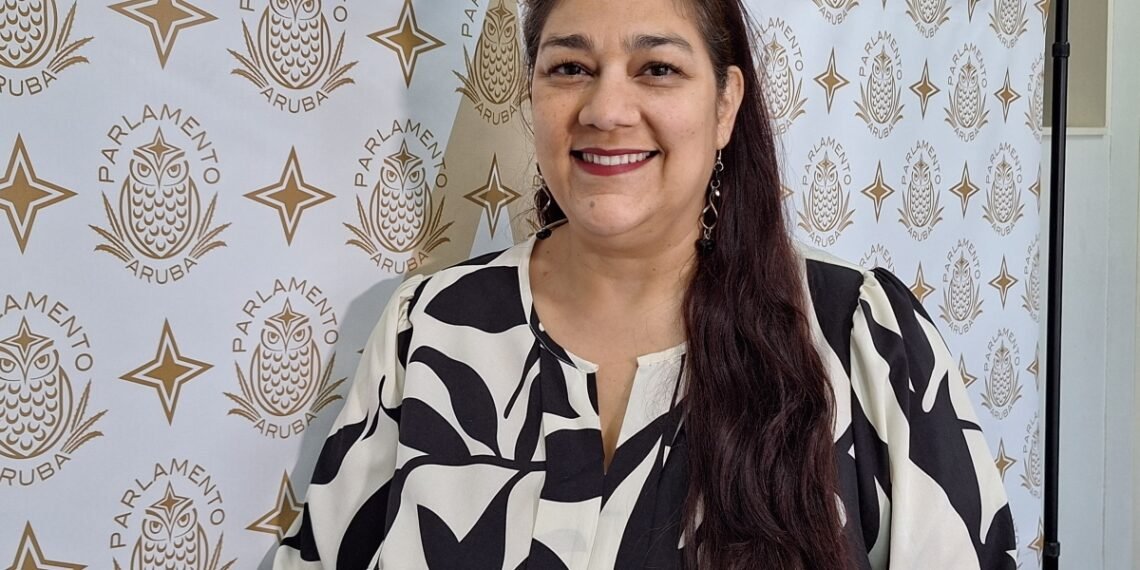


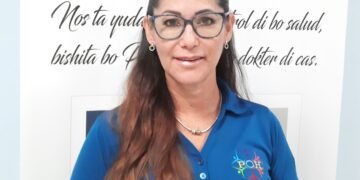
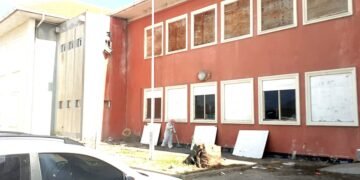
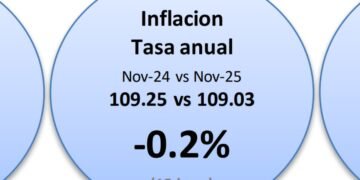
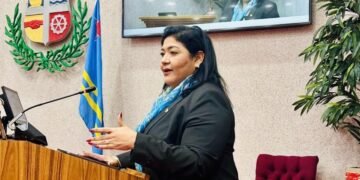
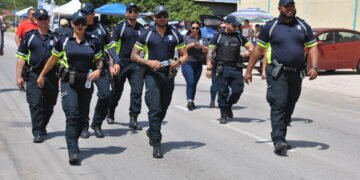













Discussion about this post